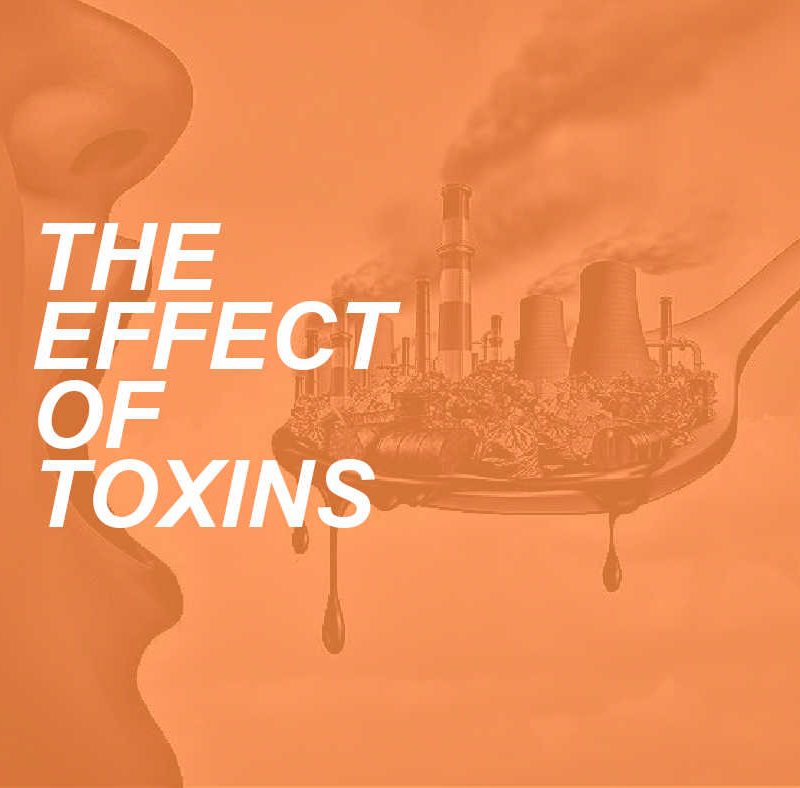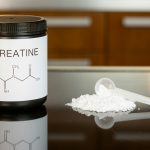
Cellular energy is a must for athletic performance. Challenges to cellular energy include medications, work-every-day, and environmental toxins. Health depends on restoring cellular integrity and removing cumulative toxins in the body. Therefore, there is a need for detoxification, whether it’s the environment or the body, regeneration of both will occur provided the correct processes are followed. Personal trainers can use the following information to help guide clients to make more healthful lifestyle choices that support overall cellular health.
The Foundation of Cellular Health
Cellular health depends on the following, all of which require ATP:
- Exercise/Physical Activity
- Organic, whole foods directly from nature
- Ability to detoxify
- Ability to properly signal immune responses
- Ability to repair
Drug-Induced Nutrient Depletion and Cellular Health
A staggering 9 out of 10 Americans take an over-the-counter pharmaceutical product regularly. While many of these drugs have a place and can be useful for acute conditions, to take them chronically will most certainly have an impact on long-term cellular health. Furthermore, antibiotics are chronically overprescribed; 833 antibiotic prescriptions are written for every 1,000 people, on average in a day! While these medications are useful for knocking out offending bacteria, they will also wipe out the colonization of good bacteria that resides in the body as well. Here are just a few deleterious effects of chronically taking medications:
- Antacids deplete the body of calcium and phosphorous.
- Sodium bicarbonate depletes the body of potassium.
- Antibiotics deplete the body of good bacteria, vitamin B, and vitamin K.
- Isoniazid depletes the body of vitamin B6 (pyridoxine) and vitamin D.
- Anticonvulsants deplete the body of Vitamins D & K, calcium, and folic acid.
- Anti-diabetic deplete the body of Coenzyme Q10.
- Anti-inflammatory drugs deplete the body of Vitamin C, folic acid, iron, potassium, and sodium.
- NSAIDs deplete the body of folic acid, also cause CICs -(circulating-immune-compounds)-(auto-immune).
- Corticosteroids deplete Vitamins C & D, calcium, potassium, zinc.
- Antivirals deplete carnitine, Vitamin B12, zinc, and copper.
- Bronchodilators deplete the body of pyridoxine.
- Cardiovascular drugs deplete pyridoxine and Coenzyme Q10.
- Loop diuretics deplete calcium, magnesium, B1, B6, potassium, and Vitamin C.
- ACE Inhibitors deplete the body of zinc.
- Centrally acting antihypertensive deplete Coenzyme Q10 and zinc.
- Cardiac glycosides deplete calcium, magnesium, phosphorous and B1.
- Beta-Blockers deplete Coenzyme Q10.
- Cholesterol-lowering drugs deplete Coenzyme Q10.
- Electrolyte replacement depletes B12.
- Bile acid suppressants deplete Vitamins A, E, K, D, as well as iron, calcium, magnesium, phosphorous, and zinc.
- Female hormones deplete folic acid, B6, B12, B2, magnesium, zinc, and Vitamin C.
- Estrogen replacement therapy depletes magnesium, zinc, and vitamin B6.
Accumulation of Toxins
Chemicals are everywhere. Chemical exposure is ubiquitous and ever-increasing and we are all exposed to them in our home and work environments, our food, and our water supply. Just because such exposures are common does not mean they are normal or healthy. Most heavy metals accumulate in the brain over a lifetime, causing harms associated with neurotoxicity including neuronal damage.
Heavy Metals
| Metal | Source | Effects |
| Mercury | Dental amalgams, fish, and some vaccines | Neurotoxin (more toxic in children) |
| Lead | Water, industry, and chocolate | Cognitive decline, hypertension, kidney disease |
| Aluminum | Antiperspirants, cookware, antacids, baking powder | Neurotoxin; 0steoporosis, anemia, liver and kidney damage |
| Arsenic | Pesticides, lumber, and well water | Cancer, vomiting, anemia, arrhythmias, pins and needle sensitivity |
| Cadmium | Food, water, cigarette smoke, batteries | Cancer; kidney, liver, lung and bone damage |
Everyday Exposure
| Flame Retardants | PDBE (penta- and octa- polybrominated diphenyl ether) | Brain and Thyroid impaired development |
| Fabric Softener | Alphaterpineol, chloroform, benzyl alcohol, pentane | CNS, Mucous membranes |
| Water | Chlorine
Fluoride Trihalomethanes |
Impact to endothelial cell layer within arteries, possible carcinogen |
| Shampoo | Ammonium lauryl sulfate
Ammonium xylene sulfonate, formaldehyde |
CNS, Respiration, Lachrymators, Death |
| Cosmetics | Phthalates, cadmium, Arsenic | Birth deficiencies, Male repro, Cancer |
| Air Fresheners | Formaldehyde
Phenol |
Cancer; Circulatory collapse, comma, death |
| Carpet Shampoo | Perchloroethylene
Ammonium Hydroxide |
Cancer
Irritant/lachrymator |
| Dishwasher Detergents | Chlorine – dry,
concentrate |
Currently the #1 cause of child poisoning |
| Furniture Polish | Petroleum Distillates, Phenol
Nitrobenzene |
Pneumonitis if aspirated to lungs
GI Injury |
| Toilet Cleaners | Hydrochloric Acid
Hypochlorite |
Tissue Injury
Irritant gas give rise to cough, sputum, breathlessness – infection |
| Antibacterial | Triclosan | Liver damage |
How Cumulative Toxins Result in Nutrient Depletion
- feelings of guilt
- mania
- depression
- adrenal fatigue
- hormone imbalance
- thyroid disorder
- fibromyalgia
- swollen lymph nodes
For tomorrow’s follow-up blog, we will explore how Chinese medicine can help pinpoint organ dysfunction by examining sleep disturbances, in addition to diving in to the five “R’s” of initiating cellular regeneration.
References for Environmental Toxicology
Environmental Health perspectives
Environmental Toxicology
Environmental Toxicology & Pharmacology
Journal of Environmental Science and Health
Toxicological & Environmental Chemistry
Nutrient depletion: PUBMED.GOV
Drug-Induced Nutrient Deficiencies. Lina Felipez, Timothy A. Sentongo. PMID: 19931072 DOI: 10.1016/j.pcl. 2009.06.004.






